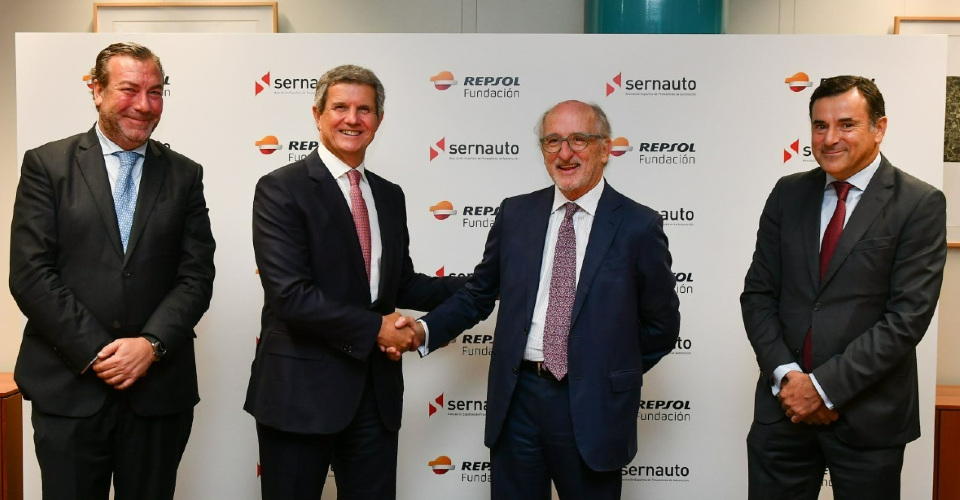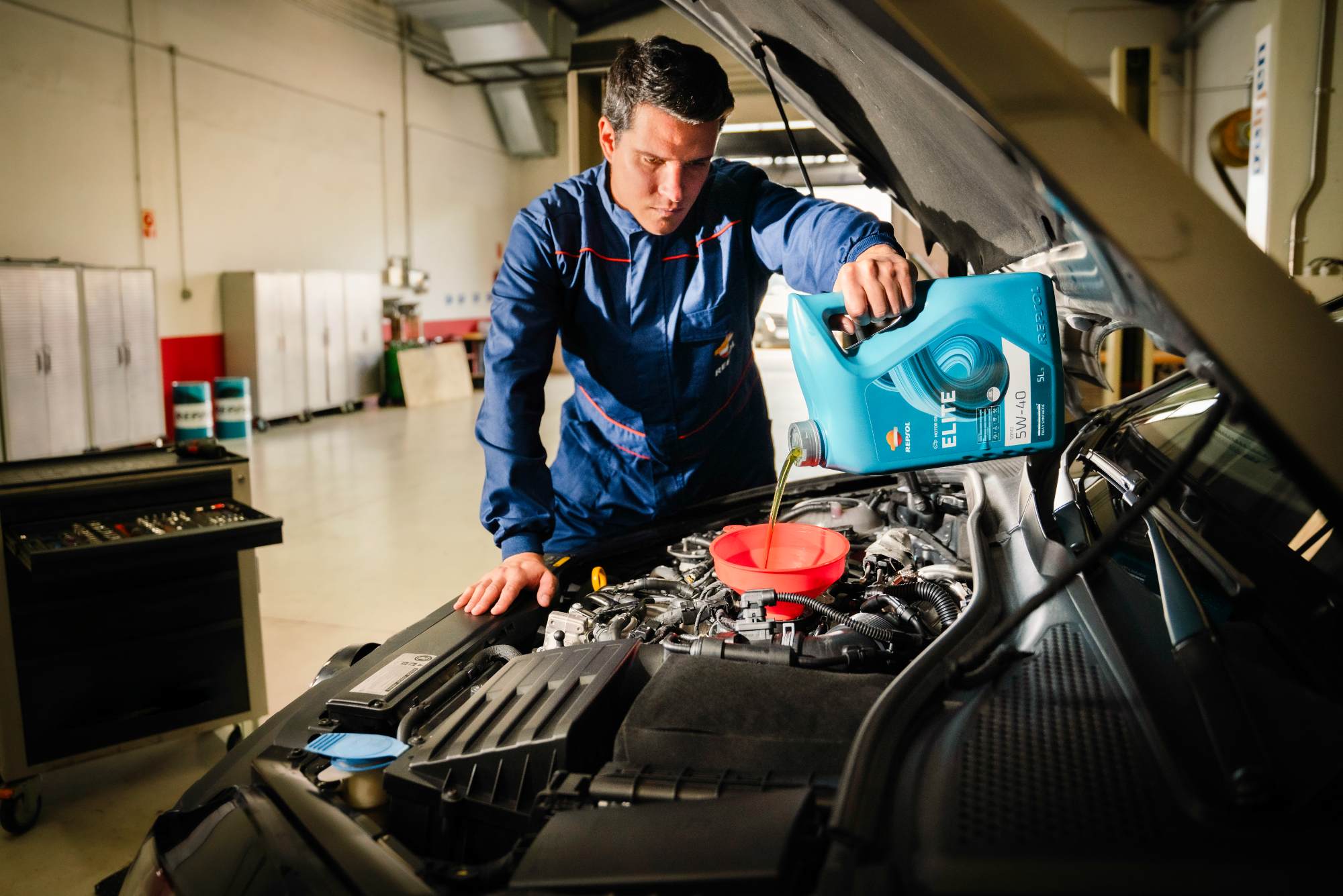Repsol Foundation and SERNAUTO: destination sustainable transportation

The energy transition is everyone's responsibility
Working to achieve a fair and inclusive energy transition is key for the Repsol Foundation, which will now be working with Sernauto (Spanish Association of Automotive Suppliers) to jointly carry out actions to promote, disseminate, and foster the energy transition and sustainable transportation.
Through this partnership, both organizations will work on one of the biggest challenges facing transportation in the coming decades through joint events, studies and reports, and training actions with Open Room, the Repsol Foundation’s digital energy transition platform, which will also have the support of the foundation's network of fellows.
Committed to the future
Sernauto will be able to work on all the sustainability, economics, industrial, and employment challenges the Repsol Foundation is working on and both will dedicate the resources necessary and get the word out on these actions to achieve greater social involvement.
“Automotive suppliers: committed to the future” is the title of this initiative, which was discussed at the 9th Sernauto Conference, which looked at the situation the automotive sector is facing in this economic and geopolitical environment, how the pandemic has affected companies, and the opportunities Spain has to maintain its leadership in Europe.
Motivation and teamwork
The chairman of Repsol, Antonio Brufau, and the chairman of Sernauto, Francisco J. Riberas attended the event. Antonio Brufau said, “we should not set limits to the industry’s development capacity. Bans are not the way to have strong industry, motivating and working together to achieve a fair and inclusive energy transition is.”
For his part, Francisco J. Riberas said “it is a pleasure for the association to work so closely with a company of Repsol’s size and be able to make headway together on our mission to provide sustainable transportation to everyone. Both of our organizations are strongly committed to decarbonization and this agreement is yet another example of the contributions that both sectors have made toward reach Europe’s 2050 climate neutrality targets.”
Related contents



